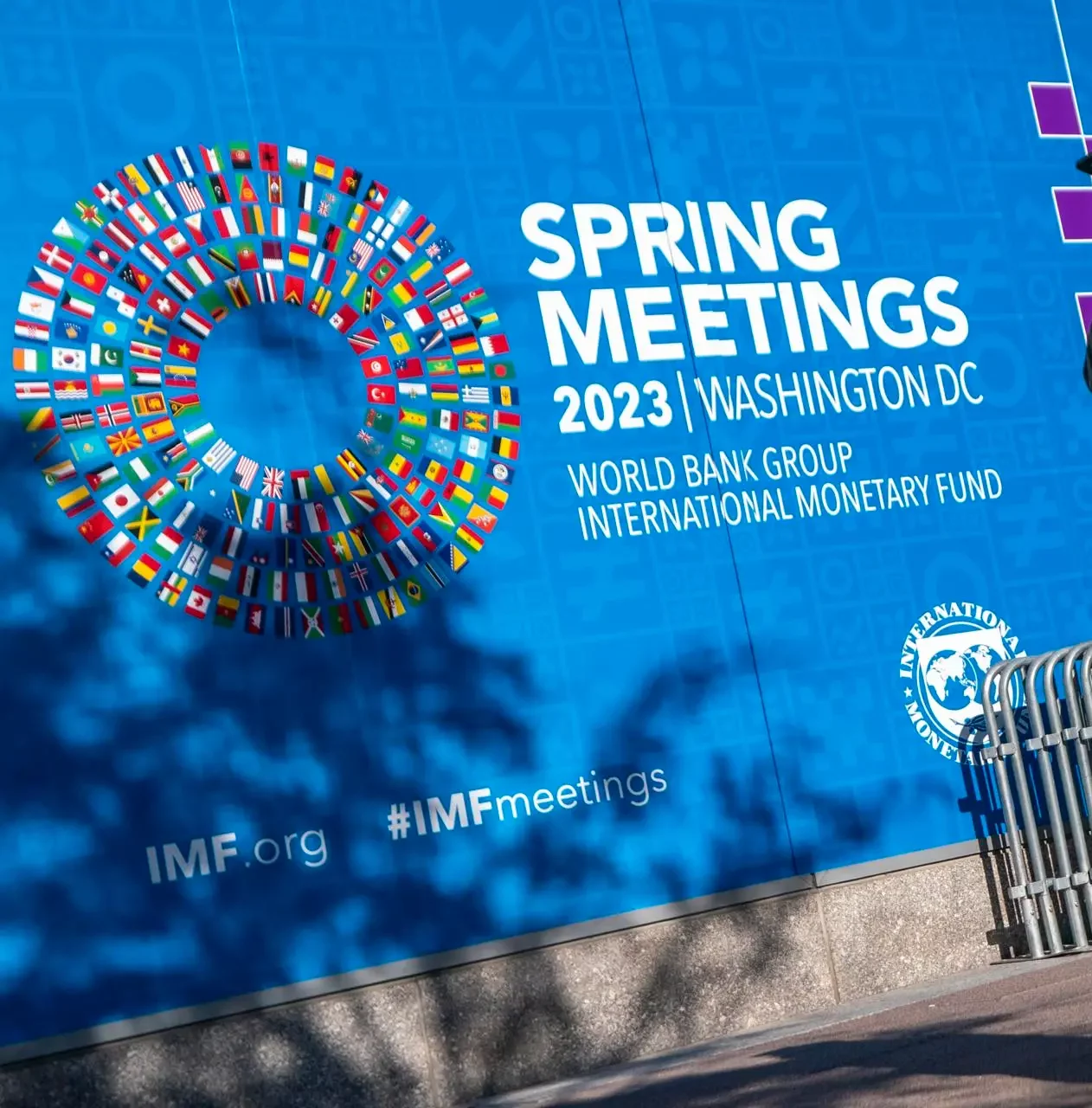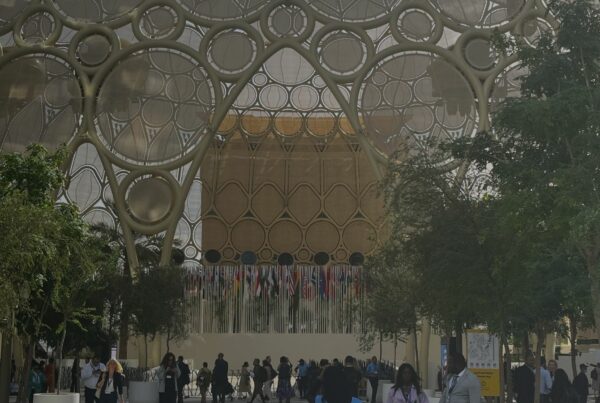Dean Bhekumuzi Bhebhe is a campaigner for Powershift Africa and the Don’t Gas Africa campaign. Naomi Kreitman campaigns for the Gastivists Collective.
As the Ukraine war affects gas supplies, Europe and development banks need to decide: Are they for renewables, or more gas?
As the World Bank converges for its annual spring meetings this month, the Washington-based lender’s recent actions could not be more ironic and self-defeating.
Monday’s inaugural discussions centred on ‘‘Building Resilience and Reshaping Development’’ – but this comes against the backdrop of the World Bank’s commitment in mid-March to support the development of a gas project in Mozambique.
In the bank’s assessment, this is the cheapest way to boost access to energy in the Southern African country.
Yet by making this pledge, the lender effectively turned its back on an earlier commitment to suspend support for oil and gas projects in the world unless under ‘‘exceptional circumstances.’’
What is the World Bank telling us? That countries should continue to exploit their oil and gas reserves? Or that we should move to clean energy? How is the institution promoting resilience and reshaping African development? Is there an agenda behind this mixed messaging?
Since Russia invaded Ukraine in 2022, gas supply to the world has been drastically disrupted and reduced. The result? Exorbitant energy prices globally and the attendant obscene profits for oil and gas multinationals.
Typically, fossil fuel companies capitalise on crises to expand their fossil fuel projects. In effect, an attractive opportunity to fund renewable and sustainable energy solutions is squandered.
We have seen Italian politicians and fossil fuel giant ENI promoting deals to import more ‘‘natural gas’’ from Angola and Congo. British Petroleum’s LNG is expanding its footprint in Senegal and Mauritania. German Chancellor Olaf Scholz is on record promoting a new European gas pipeline while seeking gas from Senegal.
In this thoughtless dash to replace Russian gas by the Europeans, Africa, the Americas and the East Mediterranean are the new target in an orgy that ignores climate action goals, health risks, loss of livelihoods and displacement of populations.
That the World Bank is promoting and funding similar projects at a time countries are moving to cleaner energy forms is outright mockery to this important transition. It is especially a sore insult to millions of people in developing countries who are often left with little – if not more impoverished – in the wake of this destructive exploitation.
Analysts estimate that fossil fuel consumption in Europe could plummet by up to 20% in 2023, This genuinely makes the flurry of gas investments all the more puzzling.
Instead of more gas extraction projects, the world needs radical investments in renewables and energy efficiency solutions. Europe needs a renaissance of ideas and leadership deeply rooted in long-term sustainability, governed through robust initiatives such as the proposed Fossil Fuel Non-Proliferation Treaty.
Thankfully, the treaty has been endorsed by the EU Parliament. There is also the Beyond Oil & Gas Alliance (BOGA), led by Denmark, among other initiatives. Last year was a record year for renewable energy generation in the EU27, a trend we hope to see in coming years.
So, what must we do? A radical overhaul in our approach is imperative. We must produce and distribute energy equitably and as a society. We must prioritise communities’ energy needs over fossil fuel corporations’ shareholder profits.
Whether in Africa or Europe, this must happen domestically, regionally and globally. Real energy security will be achieved only when the world starts to treat access to clean energy as a basic human right, rather than a privilege for the wealthy, fortunate few – as is currently the case.
The International Energy Agency (IEA) says that planned fossil fuel projects were already incompatible with limiting global warming to 1.5 degrees pre-Ukraine invasion. Any new extractive plans fly in the face of the Paris Climate Agreement. Such projects derail the target to keep global heating beneath 1.5 degrees as highlighted in the IPCC’s latest synthesis report.
This dash for gas in Africa is similar to the Scramble for Africa in many ways. Allowing some world powers to decide Africa’s energy future means the continent will forever be trapped in a poisonous, destructive cycle of indebtedness and dependency.
This makes it a political issue for Africa, notably because the current energy infrastructure is not locally owned. The recent European Gas Conference only risked handing Africa’s extractives and sovereignty to foreign ownership and influence. This will foster neo-colonial practices by converting the continent into Europe’s gas pump, essentially.
But if the ongoing climate and ecological emergency does not compel Africa to urgently shift from dependence on fossil fuels, it is difficult to imagine what will.
Make no mistake, the true intent for gas projects was never to develop Africa. The Dash for Gas will fail to deliver on development. Tapping Africa’s fossil oil and gas reserves risks creating a climate bomb inconsistent with the planet’s current needs. The world must not forget that whatever happens in Africa won’t stay in Africa. The effects will be felt the world over.





